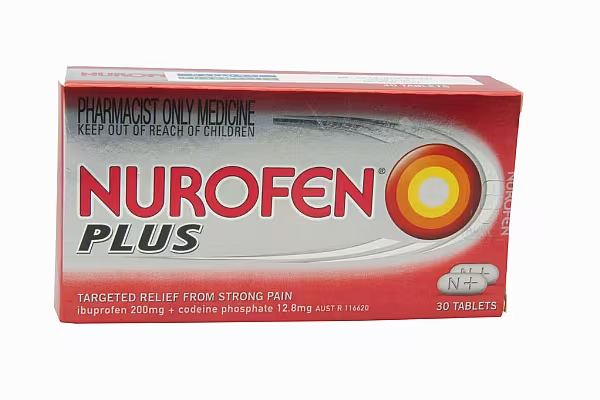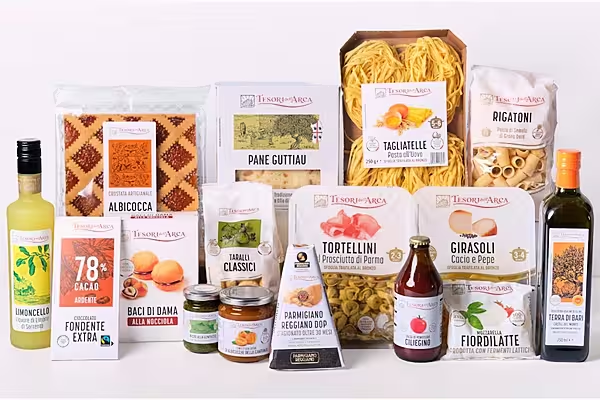Milder weather, retailer destocking and increased private label competition have all been cited by hygiene and health products maker Reckitt Benckiser as factors contributing to a 9% dip in its Over-The-Counter (OTC) division in the first quarter.
The division includes brands such as Nurofen and Gaviscon, as well as chest congestion brand Mucinex, the latter of which experienced share loss due to 'private label competition' in its category, the group said.
Sales in the OTC division stood at £470 million for the quarter.
'As we exited the quarter, we saw increased incidences of cold and flu in March, improved share performance, and retailer stocks back in line with consumer offtake,' Reckitt Benckiser said in a statement.
Brands that are less impacted by seasonality, such as Nurofen, saw 'continued success from innovations', it said.
Group Performance
Overall, Reckitt Benckiser posted a 1% increase in like-for-like group sales in the first quarter of its financial year, to £3.1 billion.
The group's Infant Nutrition business saw 5% like-for-like growth in the period, which it described as a 'strong performance', despite market growth slowing due to lower birth rates in China over the past couple of years.
The group's 'Other Health' division posted a flat performance in the quarter, with its Dettol brand growing in both 'developed and emerging markets', such as India, Middle East, Indonesia and China. Its Scholl footcare brand, however, posted a 'weak' quarter.
The group's Hygiene Home division, which incorporates brands such as Finish and Harpic, posted a 3% increase in like-for-like sales in the quarter, to £1.22 billion.
Slower Start
“As expected, Q1 saw a slow start to the year, especially in OTC. We expect to see improving growth in the remainder of the year, particularly in H2," commented Rakesh Kapoor, Reckitt Benckiser's chief executive.
"Our health business unit was impacted by the unusually weak cold and flu season across US and several European markets and associated retailer inventory movements. While our seasonal products declined, Nurofen and Gaviscon delivered good growth from a combination of recent innovations and quality base products," he added.
Looking ahead, Kapoor said that restoring a positive performance in the group's health division remains "our top priority as we target innovation-led growth, invest and outperform in e-channels, invest behind the equities of our brands, and build a more resilient business."
Analyst Viewpoint
Commenting on its performance, analyst Russ Mould of AJ Bell said, “Reckitt’s first quarter results look sickly, ironically because not enough of us having been getting ill. Sales of over the counter products hit in part by a weak cold and flu season. The company’s stated priority is to get its health products back on track but whether the patient can make a full recovery in the remainder of the year remains to be seen.
“Guidance is being maintained for now but scepticism over this 3% to 4% like-for-like sales growth target is likely to increase unless there is a significant improvement in the second quarter," Mould added.
Elsewhere, Robert Waldschmidt and Nico von Stackelberg of Liberum said, "We expect 3% organic sales growth in 2019 with a slower start in 1H. In the medium-term, we expect organic sales growth will pick up toward 4%. Management guides to a flat adjusted EBIT margin of around 26.7% in 2019 as the group reinvests cost savings and efficiencies into creating two more robust, focused and agile business ahead of what we expect will be a an ultimate split of the company."
© 2019 European Supermarket Magazine – your source for the latest retail news. Article by Stephen Wynne-Jones. Click subscribe to sign up to ESM: The European Supermarket Magazine.














